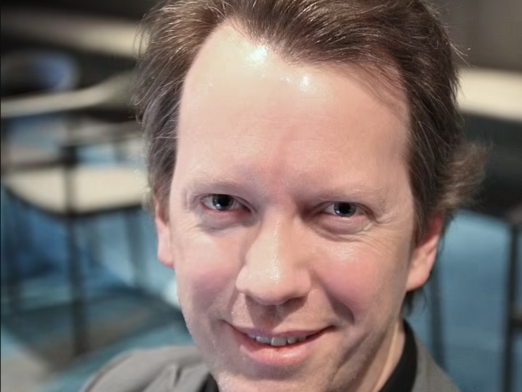Physicist Sean Carroll tackles the age-old question of what happens after death. He emphasizes our understanding of the laws of physics, which, he says, explain everything in our physical world. According to Carroll, these laws offer no support for the idea of consciousness persisting beyond death.
Carroll’s perspective hinges on the connection between consciousness and our physical bodies. When we die, he argues, there’s no physical basis for our consciousness to continue. The intricate network of particles in our brain can’t retain our identity or knowledge.
The concept of an afterlife is incompatible with the laws of physics, Carroll asserts. He believes humans are essentially collections of atoms governed by natural laws, without the need for supernatural elements.
Carroll’s ideas don’t diminish the importance of leading a meaningful life. He encourages aligning our quest for answers with our understanding of the laws of physics.
He also acknowledges that there are non-physical aspects of human existence, like meaningful conversations and connections. These enrich our lives in unique ways, even if they go beyond the purely physical.

In the end, Carroll’s exploration challenges us to grapple with fundamental questions about existence. Whether we find solace in an afterlife or embrace a physics-based worldview, the pursuit of understanding life and death remains a deeply human endeavor.